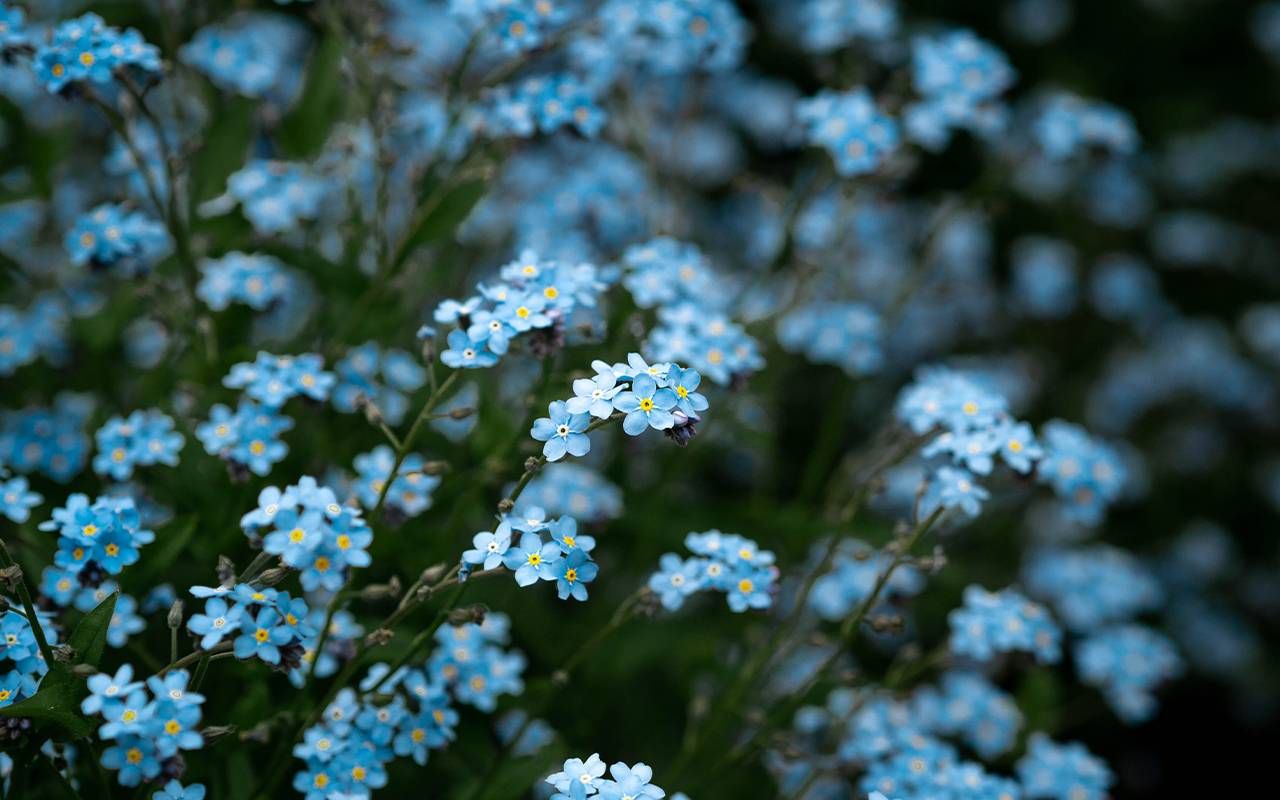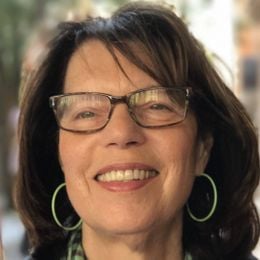When the Caregiving Ends: Recovering from Loss, Rebuilding Your Life
In between, the grief wells up and the memories come to the surface and collide
Suddenly, after months, maybe years of caregiving, it's over. For me, it was just after midnight on a Monday in December. The phone rang, and a voice from Skilled Nursing said, "I'm sorry to tell you that your mother passed away at 12:10 this morning."
"Oh my god, it's over," I gasped. I felt a clutching in the pit of my stomach. Oh my god, it's finally over.

It may have been different for you — perhaps you were there when they died. Perhaps it was peaceful; perhaps it wasn't. Maybe you were waiting for a plane back home when you got the news that Dad had died.
However it happened, your person died, and your caregiving is over. Loss … and guilt. You feel disoriented, unmoored, off-balance, numb and in a fog, and you may also feel guilty.
"After she died I felt guilty that I had the freedom. I felt guilty that I could sleep through the night."
Judy Smith, a former English teacher and Peace Corps volunteer, had brought her ailing mother to her DC home. "Her bedroom was across the hall. After she died I felt guilty that I had the freedom. I felt guilty that I could sleep through the night."
The Hardest Job in the World
"It's the number one thing that people tell me afterwards," says Selena Tourtillotte, a hospice social worker in southern California. "They feel so guilty. 'Am I a horrible person to feel a little relieved?' they ask. There's no need to feel guilty, it's perfectly normal. Being a family caregiver is the hardest job in the whole world. It's natural to feel some sense of relief."
And what if you weren't there when they died? You stepped out for coffee, and when you came back into the room, your person had passed. Carmel Murphy-Kotyan is a Massachusetts-based caregiver consultant and founder of Elder Service Network:
"It's as if they wait until you walk out the door. I hear that a lot. There is nothing to feel guilty about. People pass the way they do. Sometimes when they're by themselves, that's when they pass. There should be no guilt. It is a solo journey."
Grieving on Your Terms
Recent thinking about grief suggests that we zigzag between moving forward with our lives and revisiting the loss. So the following days are filled with the cut-and-dried tasks of emptying our person's room, calling the lawyer and notifying Social Security.
"The key to grief after caregiving is to allow yourself that time to grieve."
And in between, the grief wells up, and the memories come to the surface and collide.
Rosanne Corcoran cared for her mother for twelve years and now hosts a podcast on caregiving and a Daughterhood Circle supporting caregivers. "The key to grief after caregiving is to allow yourself that time to grieve. Not on someone else's terms, not how someone else thinks you should."
"I had lost this person who was my world. If I need to just sit in a chair, that's where I'm at. It's not going to be forever."
Judy Smith says, "Four or five months after my father died, I went by myself up to West Virginia and stayed at an inn. I sat there on the bed and wrote in my journal for four or five hours, and cried and wrote, and cried and wrote. It was a very special time."
Baby Steps
Meanwhile, you need to rebuild your life. After being on call 24/7, intensely entwined with your person and their needs, "you can lose yourself to the point of not knowing who you are anymore," says Adriana Covarrubias Hernandez, regional bereavement manager with Silverado Hospice.
"What is my purpose? What am I good for now? You're not going to reconstruct your life overnight. Take little tiny baby steps," says Corcoran. "It doesn't have to be a grand gesture, a trip to the Caribbean. Just meeting a friend, taking a morning walk. Explore. Sometimes you have to push yourself out of your comfort zone. Say, 'I'm going to try this.' You have to be open to trying."
Rediscover things you liked, tap into things that bring you joy.
Allow yourself to take a joy break every day. Even 5 or 10 minutes — read a few pages from that spy thriller, watch cat videos, open your window and listen to the birds. Tourtillotte says, "Rediscover things you liked, tap into things that bring you joy."
"And learn to slow down," says Hernandez. She likes Sudoku. "For me, it's a mindless activity that helps my brain relax." Some people do jigsaw puzzles, play word games and paint by numbers. It's not about the accomplishment; it's about taking a mental timeout. It's part of the healing.
Caring for Memories
The person you cared for may be gone, but there is still one more task. Arthur Kleinman, who nursed his wife through the ravages of dementia, declares in his book "The Soul of Care": "Care does not end with death but involves actively caring for memories."
Many caregivers have technicolor memories of their person in their prime ("she looked like Ava Gardner, raven-haired, with a lovely figure and a beautiful smile") but also darker memories of their decline, their suffering and their last days.
I learned things about my mother that I never would have known if I hadn't been at the table with her for breakfast, lunch and dinner.
So how do you care for those painful memories? Tourtillotte says, "Sometimes you have to take an active role. None of us is just one moment. Remember the whole life, the happiest moments. The ending is such a small piece in this amazing life that they've lived."
Caring for memories can also be very tangible: Smith makes fudge from her mother's recipe every year at Christmastime. There is the widow who keeps her husband's bathrobe on a hook on the bathroom door, the son who keeps his mother's pastel of an Italian landscape by his desk, where "it radiates her energy to me every day."
Svava Kristinsdottir raised chihuahuas in California and was the caregiver for her friend Jerry. She keeps a Wall of Angels in her home — pictures of Jerry and the dogs she has loved and lost. She has set a timer so the wall is lit at night.
"Does it make you sad to pass by here all the time?" I asked. "No, never," she told me. "The pictures give me comfort. They remind me that they are all still with me."
Reflecting and Reframing
The caregivers I've talked with freely acknowledge how stressful and exhausting long-haul caregiving can be. But after the caregiving ends, they look back and often see something else. "It gave me purpose." "It was transformative." "It was a growth experience."
And they make discoveries. They come upon old photos and old love letters. Bruce Frankel, president of the Life Planning Network, a national association devoted to positive aging, took care of his mother for four years, two of those in his home: "I learned things about my mother that I never would have known if I hadn't been at the table with her for breakfast, lunch and dinner."
"I'm starting to be able to look back and say, Wow, I got her to the finish line. Through all of it, she knew she was loved, she knew she was safe," says Corcoran. "She knew that I was always there for her. That was a gift. I can allow myself to accept that it was a gift. I guess I did a good job."
And I'm working through the loss, trying to let the grief take its course, allowing a new life to unfold. As the images of my mother in her last days begin to soften, pale and lose their grip, I'm assembling an inventory of sweet memories — bright ones where my mother smiles, lovely ones where she is young and hopeful.
Sometimes I write to her and sometimes write down what she is saying. My heart is now our letterbox.


